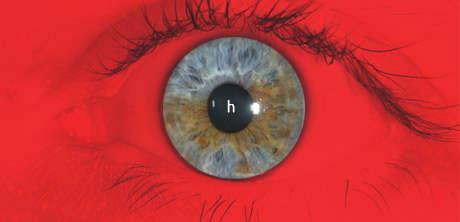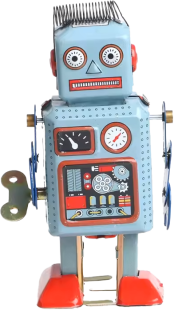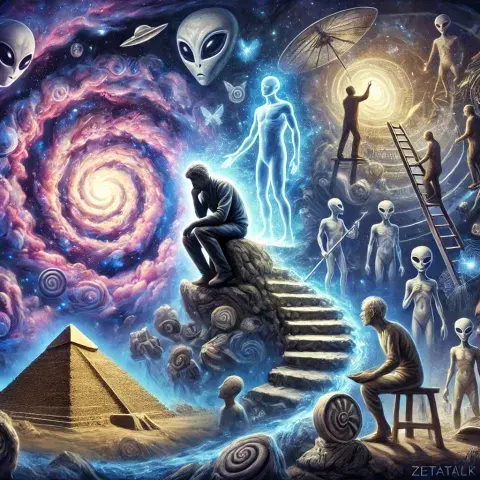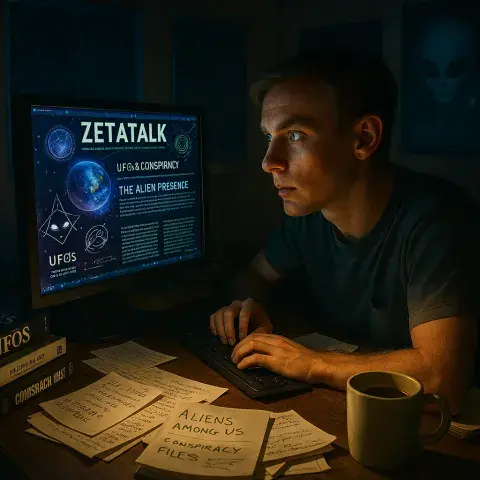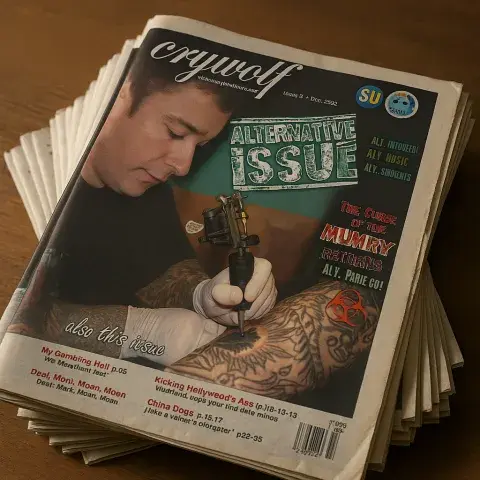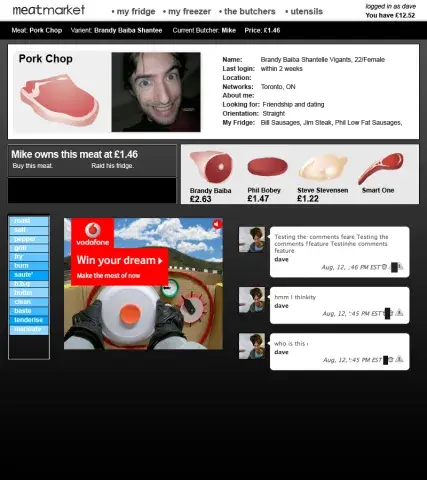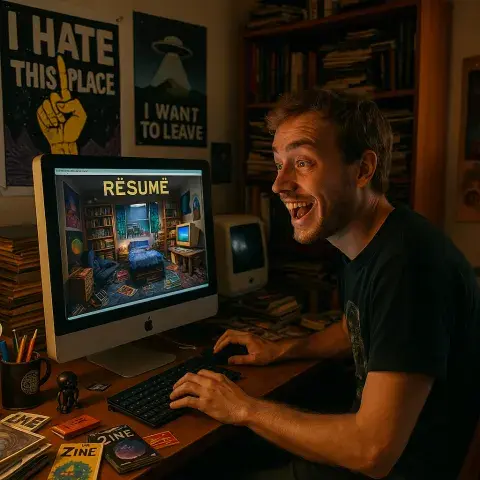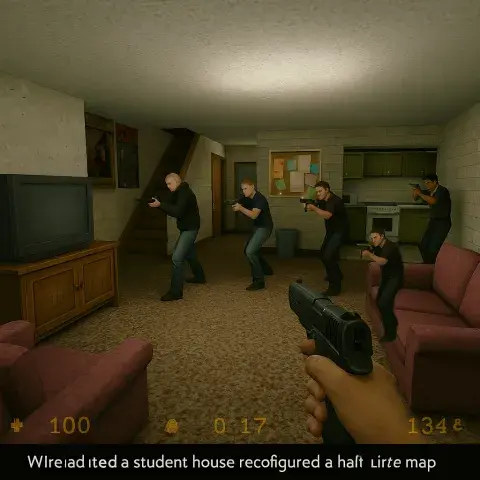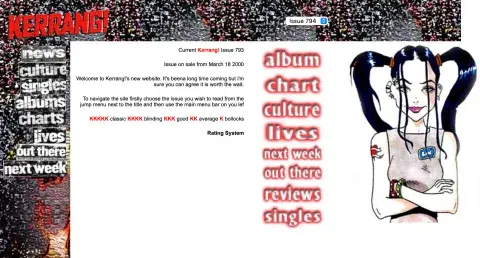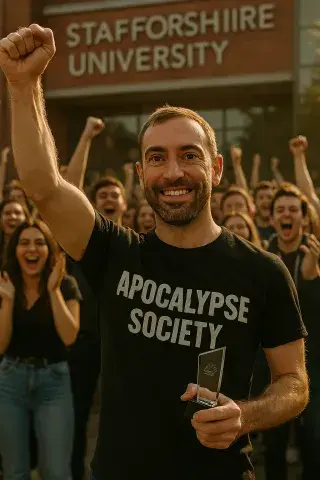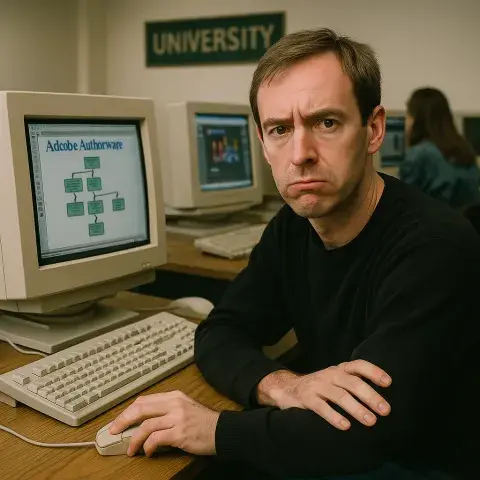Chapter 51 - Obsession
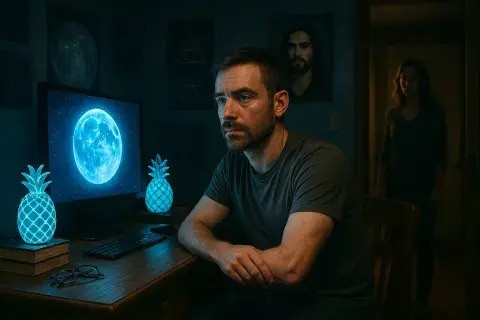
At the time, I had a wife, and to say she wasn't thrilled with all the attention I was giving to Russell Brand would be an understatement. I was beyond obsessed. It wasn't just a passing interest or a fan's admiration; it was as though my whole existence had become intertwined with his every move, every tweet, every video. I had an unhealthy fixation, fuelled by my own curiosity, the bizarre moments we shared, and, dare I say, a sense of a hidden connection that I couldn't shake off.
My wife, on the other hand, wasn’t blind to it. She could see how much mental energy I was pouring into this obsession, how my thoughts and attention were consumed by the idea that Russell and I had this strange, almost mystical bond. And to her, it felt like I was neglecting the reality of our life together.
I wasn't blind to it either. There were moments when I could see her growing distant, her patience thinning. She would sigh, give me side glances, and try to bring me back to the present. "Why do you care so much?" she'd ask, "It's just some celebrity." But for me, it wasn’t about the celebrity; it was about the belief that there was something deeper, something significant, that linked us beyond the surface. It wasn’t just obsession—it was as though I was waiting for some cosmic alignment that could explain everything.
There were days when I’d snap back to reality, see her sitting across from me, and realise I was losing touch with what mattered. But the pull of Russell’s world was magnetic, and even if I wanted to shift my focus, I couldn't help but wonder: Was this part of something bigger? Some sign? Some mission that I had to follow through with?
The tension between us grew, as did my disconnection from the life I’d known before Russell entered the picture. I felt like I was drifting further away, living in two worlds: the one with my wife, and the one where I was chasing these strange connections and trying to make sense of the cosmic puzzle that was Russell Brand.
But it wasn’t just about Russell anymore. It had become about something deeper—a search for meaning, a quest to understand why I was so drawn to this journey. And in that search, I had to ask myself: Was I losing my grip on everything I once valued?
And so began my psychosis—or perhaps, what some might call a Messiah complex. It’s not an easy thing to admit, looking back, but at the time, I was utterly convinced that the universe itself was sending me messages. Fixated doesn’t even begin to cover it; I was obsessed with the colour blue. It wasn’t just a preference or a passing interest—it became a kind of lens through which I saw the world, a symbol that seemed to hold profound meaning, as though it were some sort of cosmic breadcrumb leading me to... well, something.
It all started when David Bowie released Blackstar. That album—it felt like it was speaking directly to me, like Bowie himself had tapped into some hidden knowledge that I was just beginning to understand. From that moment, blue and the Moon were everywhere. Or, at least, I thought they were.
One of the most notable occurrences—and one that solidified my belief that there was more to this than coincidence—was when Noel Gallagher released Who Built the Moon? Supposedly, the album was named after a conspiracy book of the same name, but I couldn’t help but feel like it was more personal than that. Noel was close friends with Russell Brand, after all. Could Russell have shared my story with him? Was this Noel’s way of acknowledging me, of continuing the conversation?
Then came the Blue Moon Rising EP. At that point, I was living in cloud cuckoo land. It wasn’t just music anymore—it was validation. Every time I heard a lyric about the Moon or saw the colour blue in an album cover, a music video, or even just a passing reference, it felt like the universe was aligning around me. It wasn’t just a coincidence—it couldn’t be. In my mind, this was proof that I was on some kind of divine mission.
Of course, to anyone else, it would have sounded crazy. And maybe it was. But to me, in those moments, it was as real as the ground beneath my feet. The Moon, the colour blue, pineapples, Bowie, Noel—they were all part of a story that I was convinced I was meant to unravel. I was the central figure in a narrative that spanned music, art, and the cosmos itself.
Looking back, I can see how it might have seemed like madness. But at the time? It was magic. Pure, unfiltered magic. And I couldn’t shake the feeling that I was on the verge of discovering something extraordinary.
I lived in that headspace for many, many years, perpetually seeing signs and receiving what I interpreted as positive reassurance that I was on the right path. Every song, every symbol, every coincidental occurrence felt like a secret message just for me, as though the universe itself had become my personal guide. It was a strange, electrifying existence—a life half in reality and half in some kind of cosmic daydream.
I’d wake up each morning and carry on with my job, interact with colleagues, and fulfil my responsibilities. On the surface, I was just another regular person navigating the usual ups and downs of life. But in my mind, I was living a parallel narrative, one where I was the protagonist of a grand, unfolding story.
My marriage somehow weathered those years, though I can’t imagine how challenging it must have been for my wife to watch me veer so far into this all-encompassing obsession. She was patient in ways I probably didn’t deserve, quietly enduring as I connected dots that no one else could see and as I spoke about signs and symbols with an intensity that must have been exhausting to listen to.
Work, too, was a precarious balance. It’s a testament to my resilience—or perhaps my ability to compartmentalise—that I managed to hold it all together. I was able to meet deadlines, contribute to projects, and maintain the façade of someone fully grounded, even as my mind was constantly buzzing with a thousand otherworldly thoughts.
Looking back, I can see the tightrope I was walking. One wrong step and everything could have come crashing down—my career, my relationships, my sense of stability. But somehow, I kept my balance. And through it all, the signs kept coming, urging me forward, telling me to keep going. It was a strange kind of comfort, a reassurance that even when life felt overwhelming or uncertain, there was some larger purpose guiding me.
It’s odd to reflect on now, to remember a time when every moment felt steeped in meaning, like every choice and every encounter was part of a divine plan. I didn’t understand it all then, and I’m not sure I fully do now. But I know this: those years, as bizarre and intense as they were, shaped me in ways I’m still coming to terms with.
